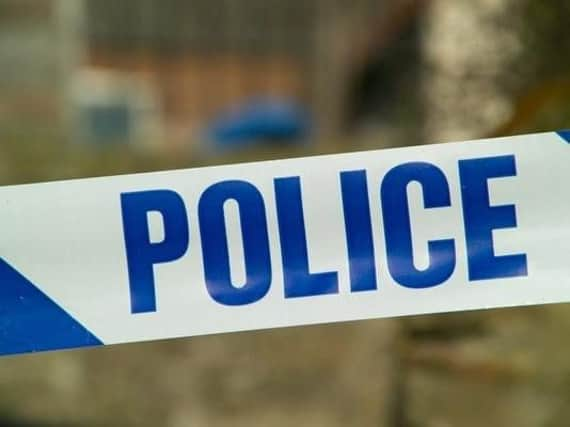Police force told to improve by government


In a report published today, inspectors said the force’s approach to protecting vulnerable people had deteriorated since the last inspection.
That meant inspectors downgraded the rating of GMP – who said that it was a direct consequence of losing 2,000 officers.
Advertisement
Hide AdAdvertisement
Hide AdAcross the country, Her Majesty’s Inspectorate of Constabulary and Fire & Rescue Services concluded that around a quarter of forces in England and Wales are “all too often overwhelmed by the demand they face”.
Overall one force was rated “outstanding”, 30 were “good” and 12 “require improvement”.
HM Inspector of Constabulary Matt Parr said: “Greater Manchester Police requires improvement at keeping people safe and reducing crime. Although the force has made progress in some areas since 2016, its approach to protecting vulnerable people has deteriorated. This is the main reason for our overall judgment moving from good to requires improvement.”
Greater Manchester Police was found to be;
l ‘good’ at preventing crime and tackling anti-social behaviour;
Advertisement
Hide AdAdvertisement
Hide Adl ‘requires improvement’ at investigating crime and reducing re-offending;
l ‘requires improvement’ at protecting vulnerable people; and
l ‘outstanding’ at tackling serious and organised crime.
Mr Parr added: “We recognise that demand on resources is high, with a significant increase in crime recording since the last inspection.
“Further action is therefore needed to ensure timely attendance, safeguarding of victims and evidence recovery at incidents involving vulnerable people. Greater Manchester Police needs to improve the way it investigates crime and how it protects those victims who are vulnerable.
Advertisement
Hide AdAdvertisement
Hide Ad“The force has effective processes in place to assess the risk within incidents and crimes at initial contact in its control room.
“These identify those people who are vulnerable, or have been repeat victims of crime and domestic abuse.
“However, once the level of risk and the response has been decided, the force has difficulty at times in allocating resources to attend those calls and meet that demand.
“This has an adverse impact on the initial investigation of crime, obtaining evidence at the scene, the potential for arresting offenders and safeguarding victims of crime. This is a cause of concern: it means victims are not always receiving the best service. Once officers attend incidents and crimes, the service to the public and safeguarding of victims improves.
Advertisement
Hide AdAdvertisement
Hide Ad“The force also needs to improve the quality of its investigations, particularly for non-complex offences.
“The quality of investigations into serious or complex offences is better, with good oversight and victim care. The force has effective processes to apprehend offenders.
“The force’s effective partnership working with other organisations, such as local authorities or mental health services is also good.
“This means it is able to maintain continuing support and longer-term safeguarding.”
Advertisement
Hide AdAdvertisement
Hide AdBut GMP bosses have hit back saying the situation is a consequence of losing 2,000 officers.
GMP Deputy Chief Constable Ian Pilling said: “The report reflects the challenges of policing in Greater Manchester where we have lost 2,000 officers which is a reduction of 25 per cent while still receiving more than 3,000 calls for assistance each day.
“Our work has become even more complex with officers dealing with increased reports of domestic abuse, cyber crime, fraud and child sexual exploitation. We know that these crimes take much longer to deal with properly than crimes such as burglary, robbery and car crime which we still deal with.
“We have improved the way we record crime which has led to an additional 100,000 crimes being added to the workload of officers and staff. This means that although our resources have reduced significantly we have more work to do now than we ever have in the past.
Advertisement
Hide AdAdvertisement
Hide Ad“HMIC have made comment that we need to understand this demand more effectively which is at odds with their comments in the Efficiency Inspection in 2017 and 2016.
“We are working with them to try and understand why this contradiction has arisen. Managing this demand with reduced resources is extremely difficult and it is a challenge every day to allocate resources to incidents.
“Unfortunately, as the report highlights, this means that we sometimes don’t deal with incidents as quickly as we would like to.
“This is why we have outlined a programme of work to develop policing and provide the best possible service for local people in the future.”